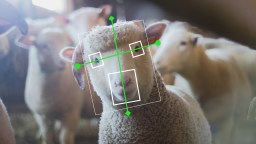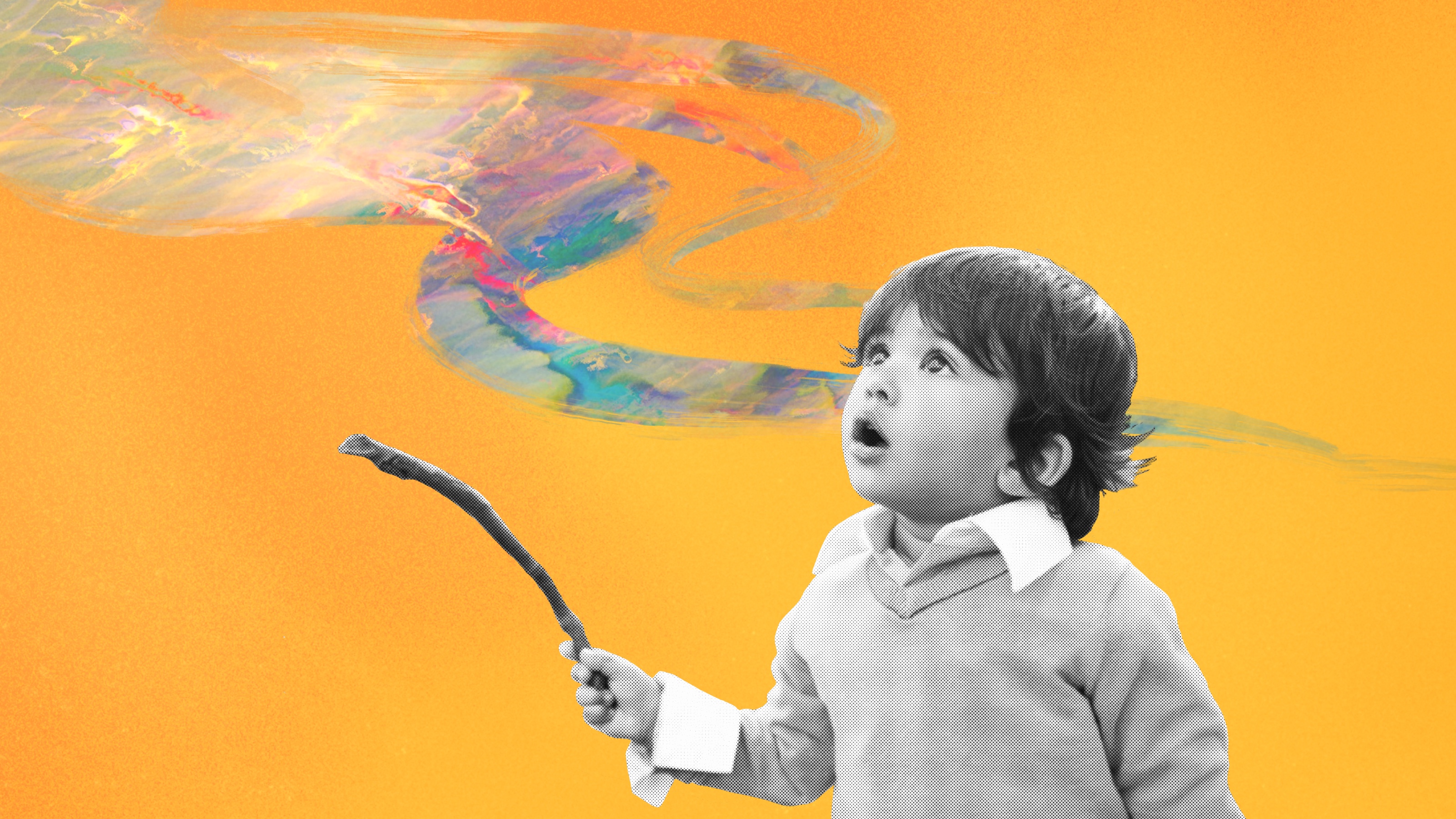Dacher Keltner on government ethics.
Question: Can government influence morality?
Keltner: Whether we like it in principle or not, you know, the manner in which the government protects the constitution and defines particular rights and legislates those rights clearly is there’s a moral direction to that kind of activity. But you know, what I’m interested in as a psychologist and I think there’s a new movement in thinking about the nature of morality, you know, there’s one sort of high, higher form of morality which is abstract principles of rights and equality and protecting those who’re vulnerable, and that really is the work of the government. But there’s all this everyday morality that we study in my lab of the ability to express compassion, the tendency to be grateful, to appreciate, the opportunity to revere and to feel wonder, and those are cultivated in our communities and in families and when the resources and opportunities, so the government is effecting that form of morality as well.
Question: Is a president responsible for setting a culture’s moral compass?
Keltner: Absolutely. You know, there are different conceptions of leaderships. There’s, you know, the symbolic form of leadership which says that’s where the President’s power really is and then there’s more of a kind of bureaucratic conception of leadership which is you lead behind the scenes and shifting policy and legislation. And, I think, you know, and I’ve talked to a lot of journalists in social fears about this that, you know, one of the striking things about Obama is his, pretty uniformly people believe there’s a sense of trust and goodwill at the core of this person and how it’s spreading out in rhetoric and in the manifestations of his character. If you read his inauguration speech, you know, the simple cooperative acts of extending an open hand to the Muslim world, referring to humility, new kinds of power, that’s shifted the cultural discourse enormously and that’s I think a moral responsibility.
Question: How does goodness differ from the individual to the institution?
Keltner: The execution of goodness at the individual level in my line of work suggest it really honors this evolutionary principles that have led to the design of the human being and those are principles like to be humble, to be grateful, to show compassion towards those in need, and those are the raw materials out of which groups form and institutions form. And when I worked with, you know, work place, organizations and schools, it is clear that those principles are in play at the institutional level but institutions can separate from the laws of face-to-face interaction and then, start to adopt their own principles.
Question: Should we legislate morality?
Keltner: We shouldn’t say we’re doing it but you know, I think if you take the words of Martin Luther King who said that you know the great ark of history is to our justice and you consider that in the context of what he was fighting for vis-à-vis the government, which is civil rights and the end of the Vietnam War. That says that the government, you know, in legislating is defining our moral terms and having moral effects. I think you know one of the things that we’ve learned in the study of morality in Psychology and it’s really something of a revolution is that, sure, they’re abstract moral principles guaranteed by the constitutions and the like, but morality is everywhere, right. It is in a child’s opportunity and have equal resources. It is in the pay that executives take. It is in access to healthcare. It is in the equality of schools. Those are all moral issues and the government is inextricably intertwined with those, so it has to be a moral agent and we have to be honest about that.
Question: How does confronting suffering affect our sense of goodness?
Keltner: In a lot of ways of knowing Buddhism, certain forms of Christianity, even in Darwin’s own writings, as he thought about his Theory of Evolution and it really was inspired by the death of daughter, his favorite daughter at age 10, there’s a common assumption that exposure to suffering, your own or other people’s, dwelling upon it, reflecting upon it, and in our research, that experience activates this moral nervous system, if you will, the vagus nerve and certain kinds of social behaviors and brain regions that we study. The common assumption is really to make progress. The first step is to understand suffering, and so, I think one of the, you know, as a parent of young children you have this tricky balance to strike, which is you do see your children. I mean children have astonishing responses to an animal suffering or when they see people who are starving or to hear about genocide. It really is astonishing; at the same time you don’t want them to be overburdened. And so I think we have to engage in those forms of suffering.





